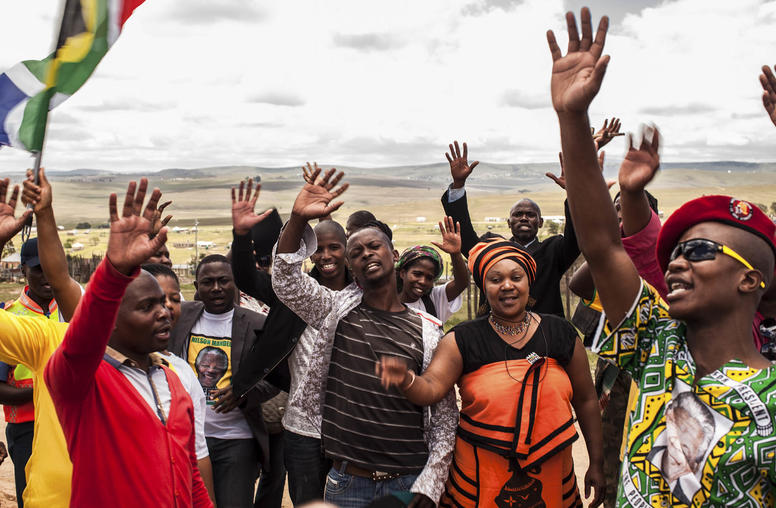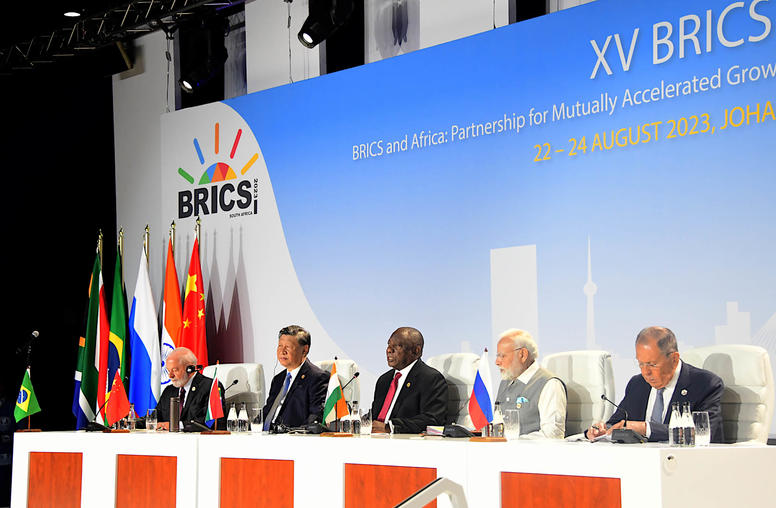Watching the Wind
Conflict Resolution during South Africa's Transition to Democracy
A compelling, inspiring account of peacemaking in action, Watching the Wind takes us to the front lines of South Africa's struggle to manage the tempestuous transition from apartheid to democracy.
When Mandela, de Klerk, and other political leaders launched the 1991 National Peace Accord in a far-reaching effort to staunch political bloodshed and promote consultation and cooperation between bitter adversaries, Susan Collin Marks was one of thousands of South Africans who committed themselves to making the peace process work where it mattered most—at the local level. Over the next three years, Marks and other leaders of the conflict resolution movement adopted and adapted a vast array of tools and techniques: they mediated, facilitated, and counseled; they created forums for open discussion and trained community leaders; they fostered community policing; and they anticipated crises and stood between demonstrators and security forces.
And, as Marks explains, “something extraordinary happened.” The international community had expected a bloodbath, but what it saw instead was a near-miraculous process of negotiation and accommodation. With passion and eloquence, the author captures the drama, the personalities, and the heroism of this grassroots peace process.
About the Author
Susan Collin Marks is executive vice president of Search for Common Ground, a nonprofit organization that promotes nonviolent, cooperative solutions to conflict. A South African by birth and a former journalist, she was senior fellow at the United States Institute of Peace in 1994-95.


